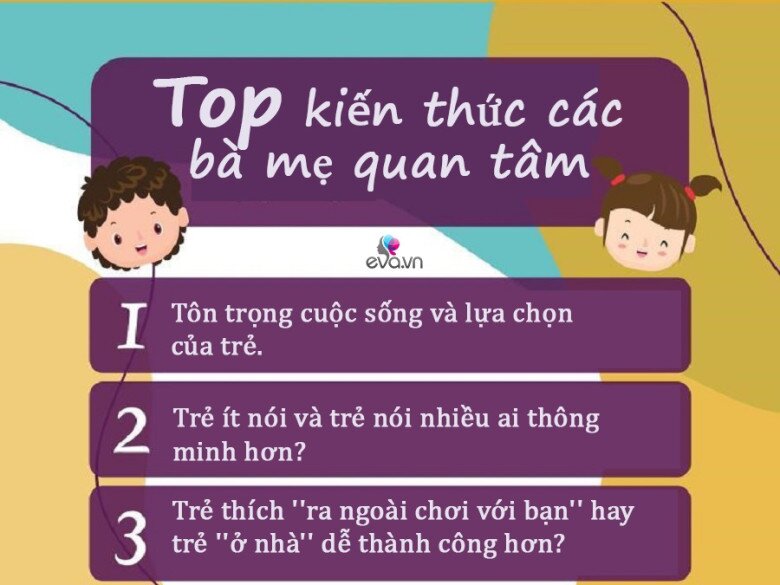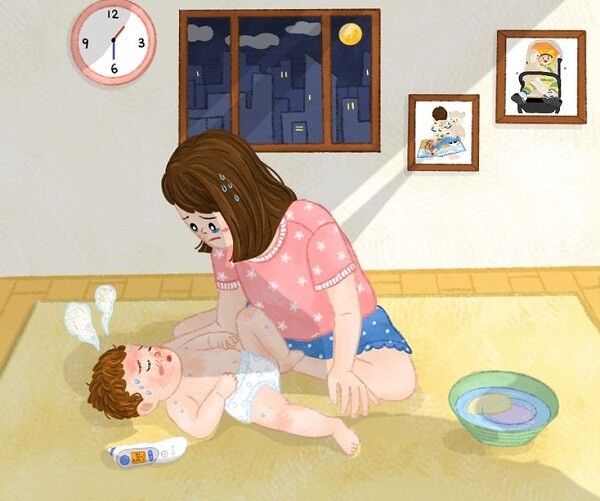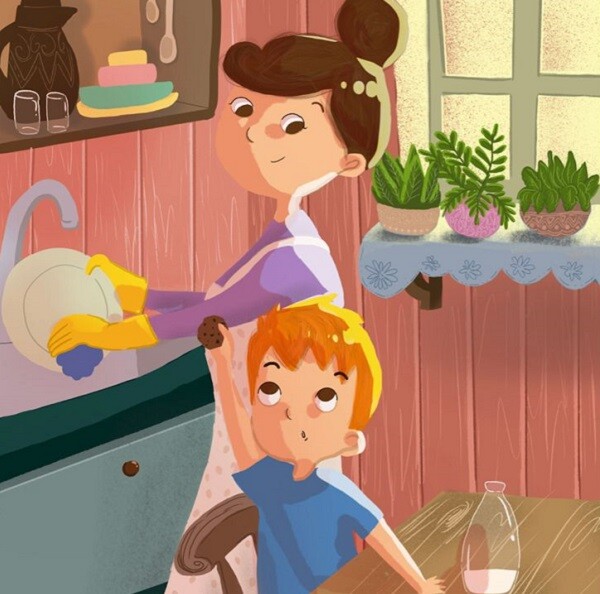As society evolves, parenting must also adapt to new challenges. Mothers are typically concerned about their children’s quality of life, privacy, intellectual development, and future success.
Here are the Top 3 parenting issues that attracted the most parents to read in 2024


Things that parents pay less attention to can lead to children’s success
It is common for Vietnamese parents to hope for their children’s success in the future. This concept remains unchanged in 2024. However, parents are interested in new parenting methods, notably the interesting knowledge that the less parents interfere, the more their children can develop.
Do not interfere too much in their lifestyle
Lifestyle is a reflection of one’s personality, influenced by various factors such as family background, economic conditions, social environment, and education…
Therefore, many parents today respect their children’s separate lifestyles.
Especially during adolescence, children need their own space to explore themselves, experiment with their interests, and develop their passions.
During this phase, if parents interfere too much with their children’s lifestyles, it could lead to resistance and a sense of lack of freedom.
Children may feel pressured to live up to the standards set by their parents, instead of developing in their own way. If they don’t feel free to express themselves, they may become anxious, insecure, and lack confidence in their decisions.

Respect your child’s emotions.
Limit interference in their life path choices
Every child has their own dreams, interests, and passions. Too much parental interference in these choices can lead to pressure and a lack of confidence.
When children are young, parents usually play a guiding and leading role. However, as they grow up and enter adolescence, it becomes necessary to give them space to make decisions about their future.
Children need the opportunity to explore different fields, from academics to hobbies, to discover what truly suits them.
One of the greatest benefits of giving children the freedom to choose is developing independence and responsibility.

Who is smarter, children who talk less or children who talk more?
Many parents wonder about the connection between communication skills and children’s intelligence. A common question is whether children who talk less are smarter than those who talk more. In reality, language does influence intelligence, but it is not always possible to make an accurate assessment based solely on speaking ability.
Language is an essential tool for children to communicate, express thoughts and emotions. Children who talk a lot tend to have good expression skills and can convey their ideas and feelings clearly. Moreover, regular communication helps children develop language skills, enrich their vocabulary, and improve their social skills.

On this issue, according to Master of Psychology Luu Thi Huong, “IQ is innate, and each child is born with a certain IQ, which varies from child to child. It is true that when adults observe talkative children, they tend to be more agile and responsive. However, it does not mean that talkative children are smarter than less talkative children.”
“Through a child’s language, parents can better understand their child’s inner world and thoughts. Talkative children make it easier for parents to become friends and build a strong bond. Less talkative children may struggle to connect with their parents because they do not express themselves as much. However, we cannot use this as a basis to judge that talkative children are smarter.”
“In fact, there are many children who do not talk much but always complete tasks well and perform well academically.”

Which child is more likely to succeed, one who likes to “go out and play with friends” or one who likes to “stay at home”
During development, a child’s preference for going out to play with friends or staying at home is often seen as two different styles of interaction and learning.
Both paths have their own benefits and influence success, depending not only on the child’s preferred activity but also on how these activities help them develop necessary skills and qualities.
If a child likes to go out and play, they tend to develop stronger social skills. Through group activities, they learn to communicate, cooperate, and resolve conflicts. These experiences help them hone their teamwork skills, build self-confidence, and develop leadership abilities.
On the other hand, children who prefer to stay at home can focus on creative and academic pursuits. Being at home can foster personal interests such as reading books, drawing, or playing musical instruments. These children may become creative individuals with strong independent thinking skills and well-developed personal abilities.
According to Carl Jung’s theory, the preference for “being alone” or “being social” is the cause, not the result, of personality.
Carl Jung believed that there are no purely extroverted or purely introverted people in the world. Generally, it is a matter of degree for both.
Whether a child prefers to be “social” or “alone” is not a result of a personality choice but rather a cause of personality formation. Moreover, both can achieve success depending on their level of investment.



































